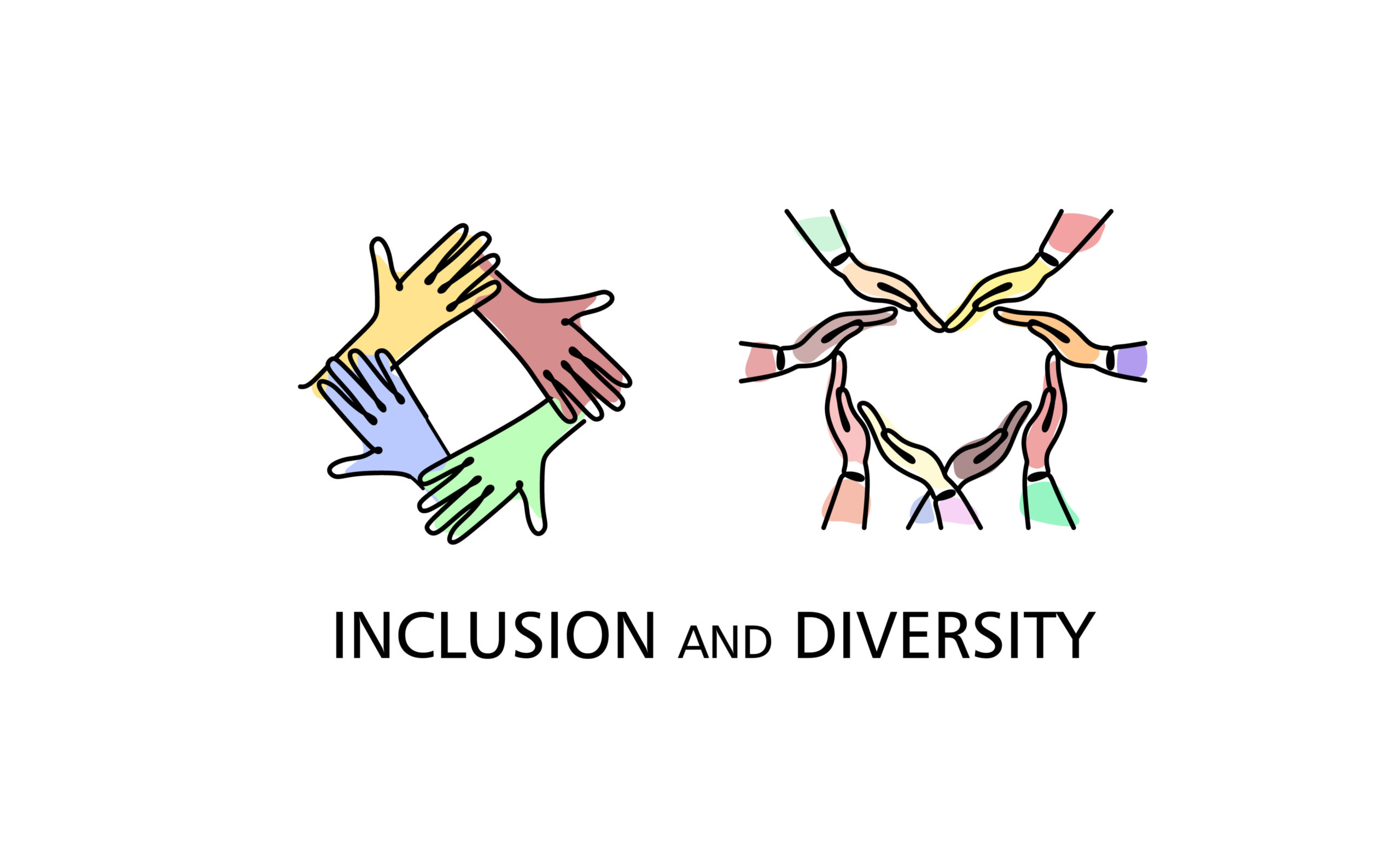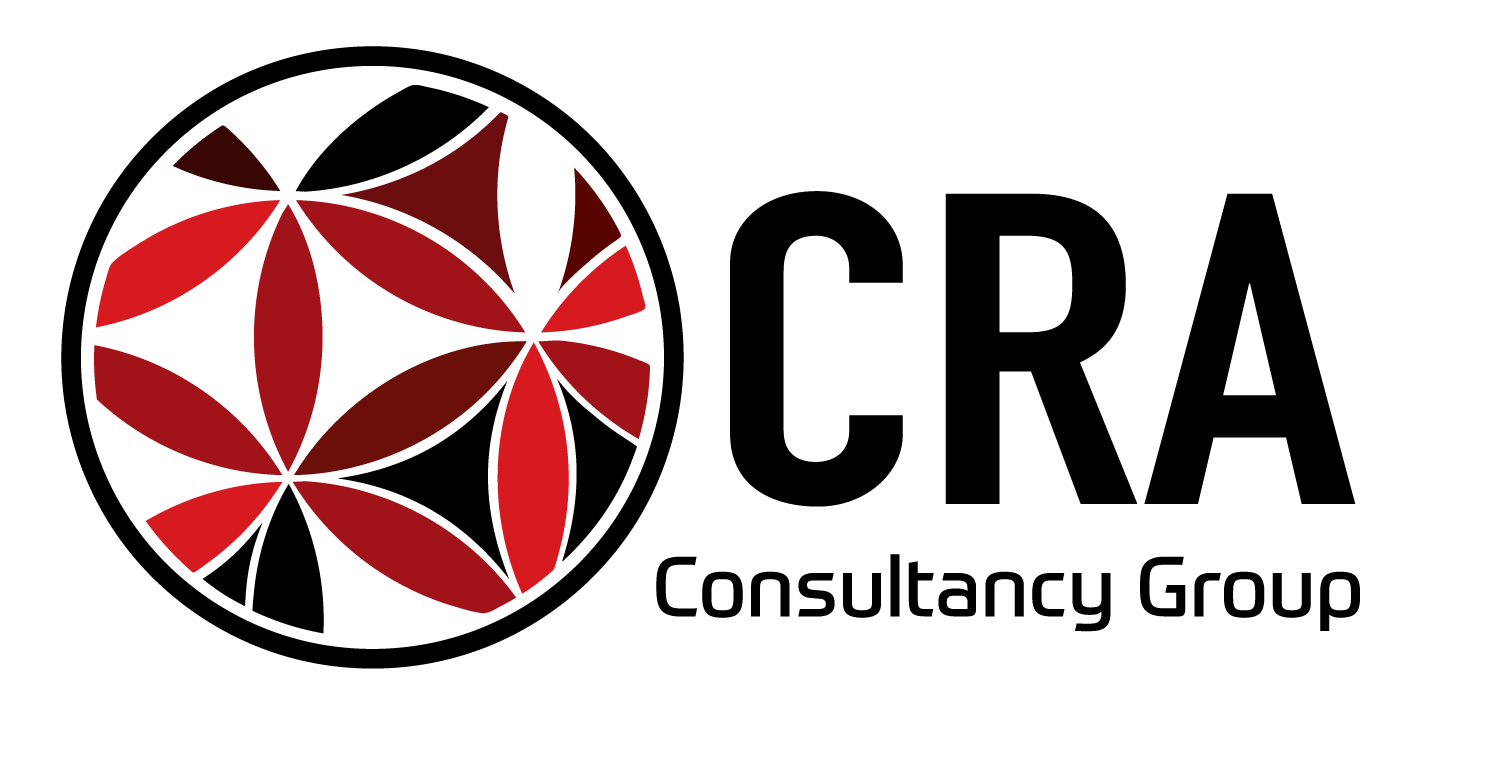Diversity, Equity, Inclusion, and Belonging (DEIB) has become a pillar for companies creating a positive work environment while increasing business growth and innovation. With CRA’s Disrupt Bias program, which includes workshops, training, coaching, and consulting services, we can help organizations capitalize on organic, strength-based, high-performance human connectedness.
We aim to foster organizational, organic growth to facilitate desired change with proven methodologies. We are a highly experienced and forward-thinking team of DEIB consultants, unconscious bias trainers, executive coaches, individual and team strengths coaches, and cross-functional collaboration experts. Our team is ready to disrupt bias one person at a time and within your teams and organizations.
We also understand that all organizations are different and have their own goals and motivations. We create a customized strategy to address their immediate and long-term challenges, help meet their goals and continue working with them on maintaining and thriving in their inclusive culture. We only ask for one commitment: they are serious about inclusion, diversity, equity, and belonging.
We will start with one-on-one conversations with the executive team, assess the state of the organization through various means, and develop a customized, strategic plan ready for implementation. We are excited that our clients are joining us to be part of the solution.

- Unconscious Bias Training
Bias in favor of or against one thing, person, or group compared to another is difficult to eliminate and easier to disrupt. Many different types of bias exist in the workplace. CRA’s Disrupting Bias training helps identify those biases and gives tools to disrupt them.
Unconscious bias training introduces the concept and science and increases self-awareness, promotes inclusiveness, improves decision-making, fosters better relationships, and supports DEIB on all levels of an organization. Raising awareness of our biases organically helps disrupt them.
It offers tools to understand others’ experiences better and feel more motivated to be inclusive.
Disrupting bias aids in executing business goals more successfully. Studies show that well-managed diverse groups outperform homogeneous ones, are more committed, have higher collective intelligence, and are better at making decisions and solving problems. It can be a valuable step towards personal and professional growth for each person. Within teams, the goal is to disrupt bias and understand individual attitudes and behaviors toward team members.
“Coaching around unconscious bias is really not meant to shame anyone; it’s… meant to meet people where they are, help them understand why these unconscious …behaviors exist, and then provide a place for personal awareness.” Rosann Santos, 18:21
Unconscious bias is only one piece of the puzzle to make the workplace more inclusive, equitable, and diverse.

- Focusing on Your Strengths
CliftonStrengths is an assessment tool that unlocks a personalized report detailing each individual’s greatest strengths. Identifying and capitalizing on employees’ strengths increases performance, productivity, and enjoyment. This assessment encourages individuals to find their maximum potential, which assists their overall personal and professional growth.
“It’s really hard to ask someone to view others from a strengths lens instead of a deficit lens and to understand where they’re coming from when no one has done that for them.” Rosann Santos, 5:14
In a team setting, awareness of all team members’ strengths adds understanding and familiarity and can help disrupt biases. Understanding their strengths enhances employees’ ability to communicate better when working together. Focusing on a strengths-based communication practice and a strengths-based culture organically creates a foundation for inclusivity among diverse teams.

- Cross-Functional Collaboration
Cross-functional collaboration is a group of people with different functional expertise coming together to work toward a common goal. Often, a team is a group of people from various departments across a business operating on a project or solving a specific problem. A team of this composition has the potential to complete large-scale projects efficiently. It can implement significant improvements throughout the organization and thus is a powerful tool in a culture of continuous improvement.
The cross-functional collaboration system helps businesses scale easily, centralizes communication through technology, provides project efficiency, task management, project tracking, and many more. It is a critical component of business success.
Cross-functional teams also create a collaborative, diverse, and inclusive company culture. Members of different backgrounds learn from each other, gain valuable insights, become better problem solvers, and are more innovative and engaged.
The process of cross-functional communication also encourages an open feedback culture. An open feedback culture provides an environment for employees to have questions, voice concerns, and comment. Encouraging employees to build on each other’s thoughts rather than negating them promotes inclusivity, equity, and diversity.

- Executive Coaching: Understanding Yourself Under Pressure
Adapting and navigating stressful situations is crucial in understanding daily stressors in the workplace. Any team member must know how they react to pressure-filled situations. It helps identify how someone can better cross-functionally collaborate with team members, which organically fosters a DEIB company culture.
Our executive training gives awareness of how the individual and team show up under pressure. The next step is to understand how their team shows up under pressure. This process aids in how the executive communicates and receives information. The leader can then leverage their team members’ styles to be successful.
“Your team must be comprised of players with different skill sets, experiences, and perspectives to continually allow your business to grow and build value over time. A DEIB strategy adds depth to your roster, allows you to develop stronger game plans, and collectively you will be more powerful than a one-dimensional approach could ever be!”
Tony Cooper, The Game
To discuss our Disrupting Bias training, please contact our Co-CEO at [email protected] or by phone at (916) 238-8286.


Recent Comments